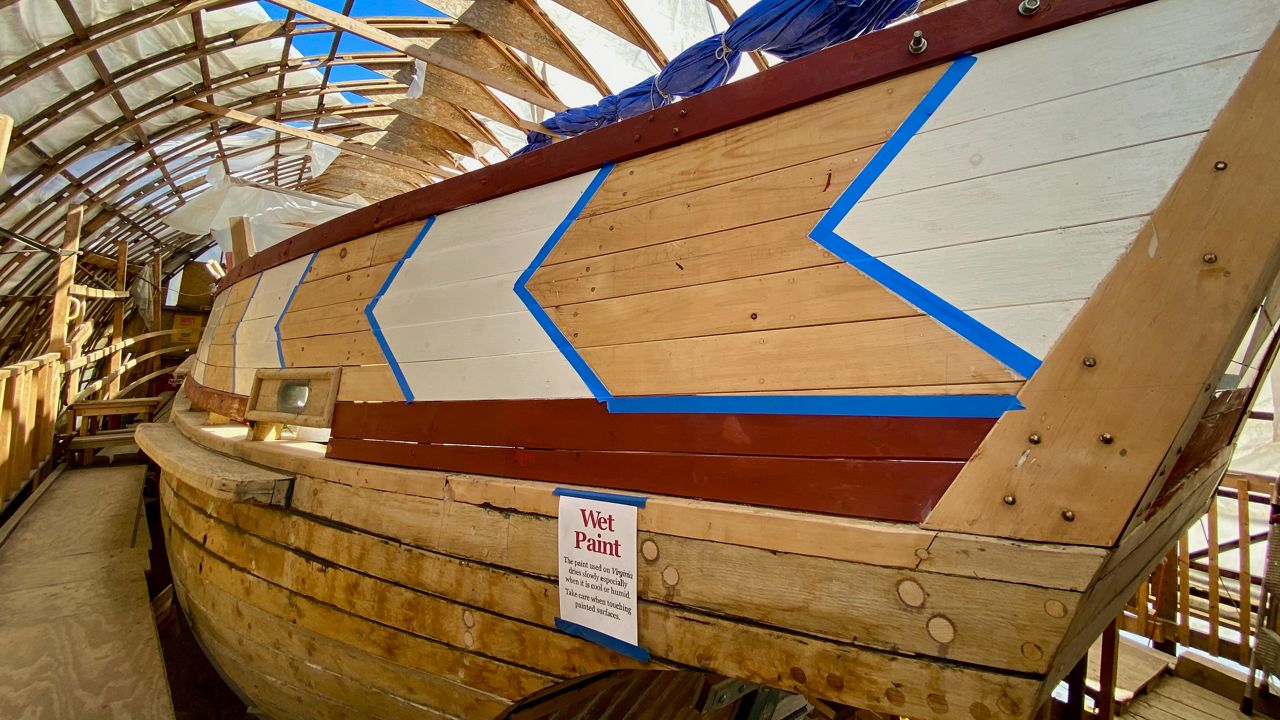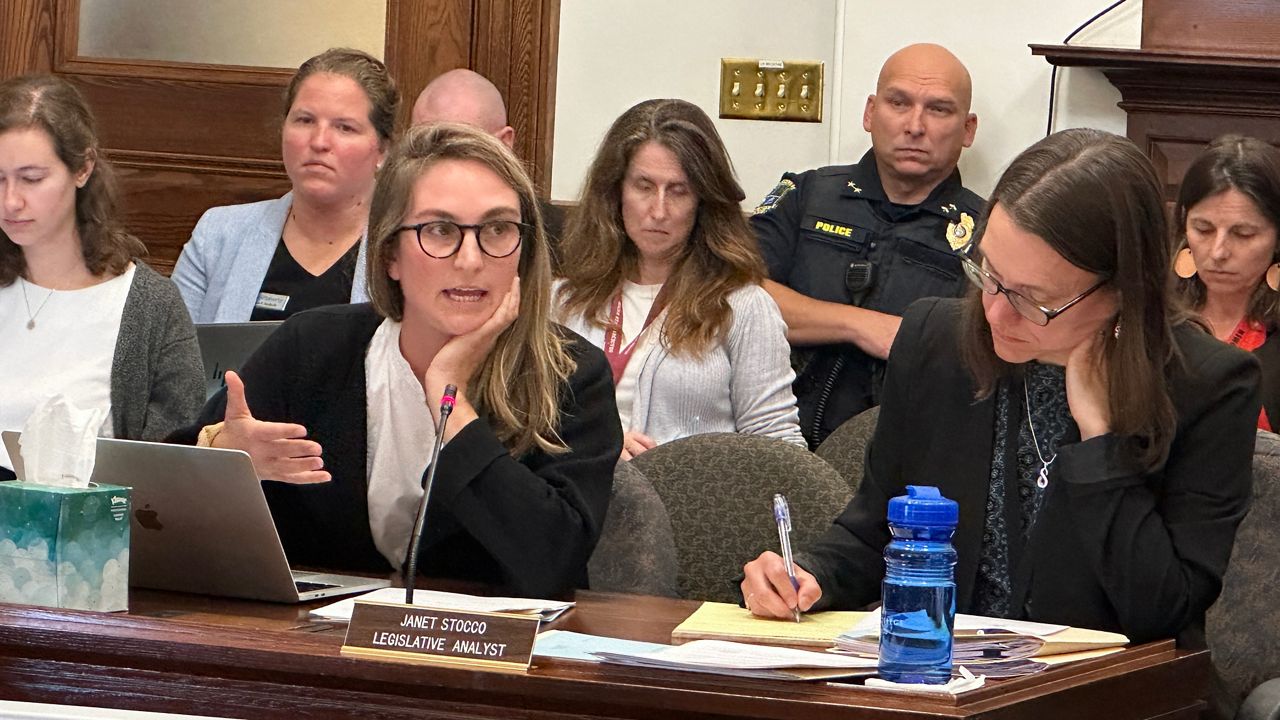With Thanksgiving only days away, most Americans look back to stories taught about the early settlers in what is now New England.
While the story of the Mayflower landing in Plymouth, Mass. for the first time in 1620 tends to be most remembered, Maine had its own colony — Popham Colony, once located in what is now Phippsburg — that had a few firsts of its own, including producing the first English ocean-borne vessel in North America.
Popham only lasted about a year, but it was established in the summer of 1607, 13 years before the Plymouth landing, making it one of if not the first official English colony in New England.
“I think Popham was the first serious one,” said historian Ian Saxine.
Like many colonial endeavors at the time, the colonists were moved by economic factors. Cod was abundant in the waters off the coast, and there were many small installations set up by Basque and Portuguese fishermen, but Saxine said most of these were merely “seasonal stopoffs,” where fishermen would stay long enough to salt-cure their catches before leaving.
“Establishing a permanent colony in what’s now Maine allowed them to have a much more lasting access to the cod trade, and it’s very difficult to overstate the importance of the cod fisheries for both the European markets but then also just for the general food supply of a lot of poorer Europeans around the time of the early 17th century,” Saxine said.
There were local political considerations, too. Saxine noted large populations of Micmac and Passamaquoddy Indians lived in the area at the time, and in 1607 Bessabez, the local Micmac leader, was in the middle of a major military campaign against other tribes in the area.
“The Popham Colony was stepping into a real conflict zone,” he said.
The colonists were able to establish a strong beachhead, and maintained positive relations with the Micmac, but Saxine said it was a fragile peace.
“They very much had to tread carefully or get permission from the locals to do what they did,” he said.
The other big motivator for the colonists, Saxine said, was to project English naval power into the North Atlantic, and with an abundance of lumber the colonists were able to produce The Virginia, the first English ocean-borne vessel built in North America.
Today, the nonprofit Maine’s First Ship is working to reproduce the vessel, which it describes on its website as a pinnace, a boat typically brought onboard larger vessels as tender craft. According to the nonprofit, the Popham colonists sailed The Virginia back to England after abandoning the colony.
Kirstie Truluck, executive director of Maine’s First Ship, told Spectrum News in June that the effort to recreate The Virginia grew out of ongoing work to study Popham Colony remains after they were discovered in 1990.
“For some it’s a labor of love of history, for some it’s a love of craftsmanship, for some it’s a love of engineering, for many and really all, it’s a love of community,” Truluck said.
Despite its accomplishments, several factors stacked the deck against Popham Colony. Arriving in August, Saxine said, meant the colonists couldn’t plant anything, which made it hard to establish self-sufficiency.
“That was a model that was just not going to be as easy to apply on the Maine coast where the Popham colony was at that point in time,“ he said.
That, coupled with the harshness of an unusually cold winter and diseases such as scurvy drove the colonists to abandon Popham in 1608. Remains of the colony’s St. George’s Fort still exist, however, and continue to occupy archaeologists and historians.







)

